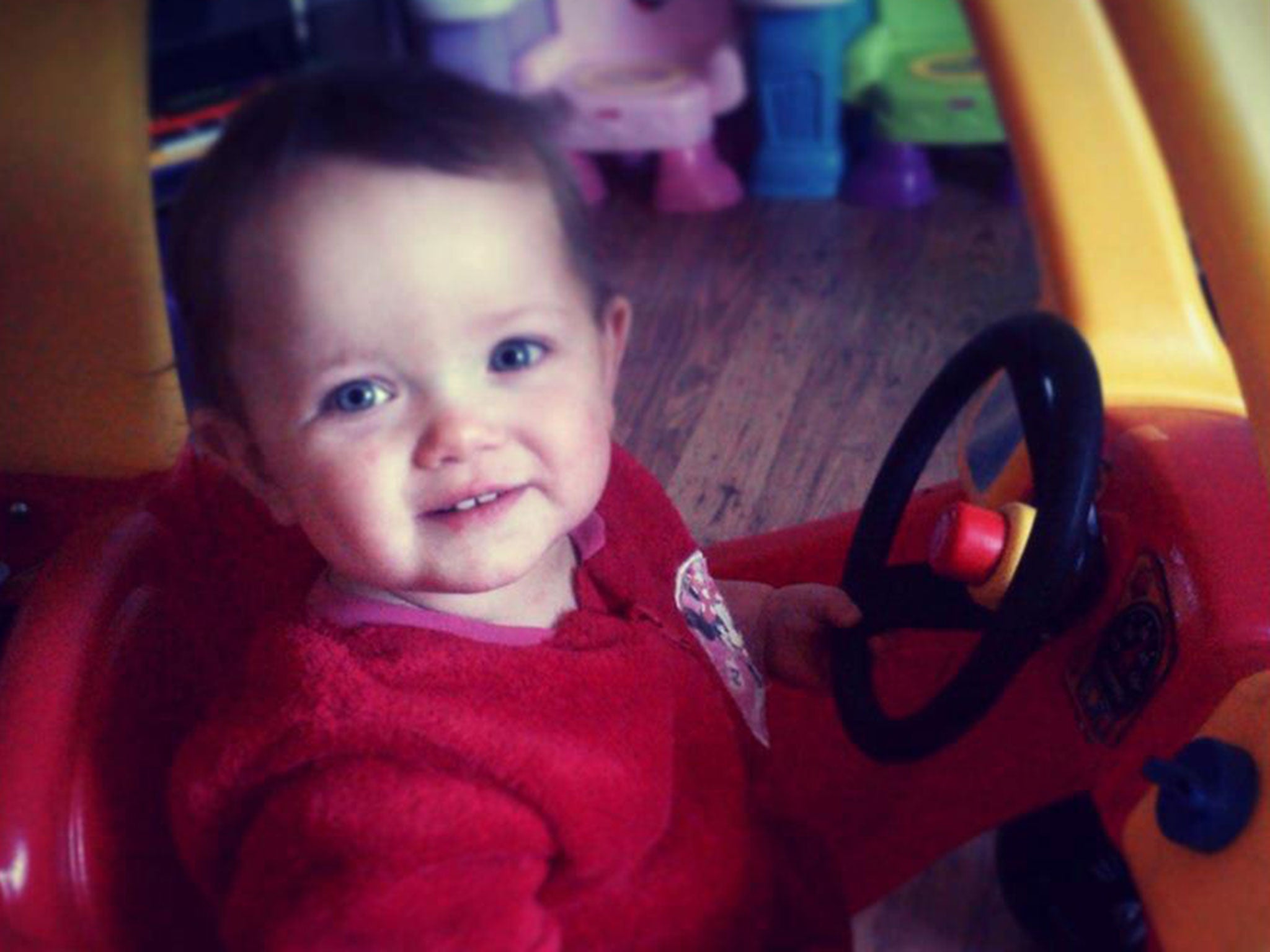Poppi’s death throws up dilemmas of giving too much information – or in this case, too little
Journalists need to shine a light on the world’s realities, not obscure them in shadow


Your support helps us to tell the story
From reproductive rights to climate change to Big Tech, The Independent is on the ground when the story is developing. Whether it's investigating the financials of Elon Musk's pro-Trump PAC or producing our latest documentary, 'The A Word', which shines a light on the American women fighting for reproductive rights, we know how important it is to parse out the facts from the messaging.
At such a critical moment in US history, we need reporters on the ground. Your donation allows us to keep sending journalists to speak to both sides of the story.
The Independent is trusted by Americans across the entire political spectrum. And unlike many other quality news outlets, we choose not to lock Americans out of our reporting and analysis with paywalls. We believe quality journalism should be available to everyone, paid for by those who can afford it.
Your support makes all the difference.The revelations last week about the death of baby Poppi Worthington in 2012 were distressing. A finding by Mr Justice Peter Jackson that a sexual assault by Poppi’s father caused her severe injuries on the evening she died was reported across the media. Mr Worthington denies wrongdoing.
When reporting cases like this one, there is often a balance to be struck between giving an accurate account of the incident and avoiding explicit details that are likely to upset the general reader. Publishers should lean in favour of including information if to omit it would result in a serious matter being understated.
I was a little surprised to receive a complaint from one reader who felt it was “totally unnecessary” to refer in a headline to Poppi having been “sexually abused” by her father. He said he did “not wish to know about such things”.
The reader went on to argue that “there was a time when this [reporting] wouldn’t have happened”, which is an interesting point. The last two decades of the 20th century were perhaps the zenith of tabloid preoccupation with sex crimes as a form of titillation – when euphemism was a flimsy mask for voyeurism. The so-called “quality press” had a different attitude but has never been averse to following up grimy tales from the tabs.
Even so, there may be something in the notion that sexual crimes against children have historically been reported with greater reluctance than today. “Family newspapers” might have been concerned about offending readers but I suspect there was also a widespread feeling that such matters were so beyond the pale as to be outside most right-thinking people’s comprehension.
Yet that is arguably the same attitude which allowed paedophiles in the past to operate seemingly with impunity. Especially when individuals seemed on the face of it to be upstanding members of society, the idea that they might be carrying out depraved acts against children felt genuinely unbelievable.
And this is precisely why it is so important that we should generally be wary of pulling punches in our reporting of the bad things that happen in society. That isn’t to be say we should be gratuitous. But journalists need to shine a light on the world’s realities, not obscure them in shadow.
Legal complexities need spelling out
Another response to our coverage of the Poppi Worthington case suggested we had included too little information about the nature of the court proceedings. Why, asked a reader, was Poppi’s father not facing prison if a judge had ruled he was responsible for assaulting his daughter?
Mr Worthington, as we reported, was investigated by police in 2012 but was not charged and he has consistently denied harming Poppi. The ruling by Mr Justice Jackson came in a family court hearing concerning a number of matters and was based on the civil standard of “balance of probabilities”. A conviction in a criminal trial, by contrast, can only result when guilt is proved beyond reasonable doubt. The Crown Prosecution Service has, on two occasions, concluded that there was insufficient evidence for a realistic prospect of convicting Poppi’s father, which is why he has never faced trial.
This is a convoluted case. But we should not assume readers know all the intricacies of English law or understand the burdens of evidence required. Just as journalists shouldn’t hide the world’s horrors, nor avoid explaining its complexities.
Will Gore is Deputy Managing Editor of The Independent, i, Independent on Sunday and the Evening Standard
Join our commenting forum
Join thought-provoking conversations, follow other Independent readers and see their replies
Comments